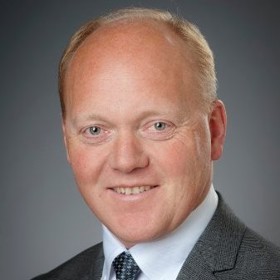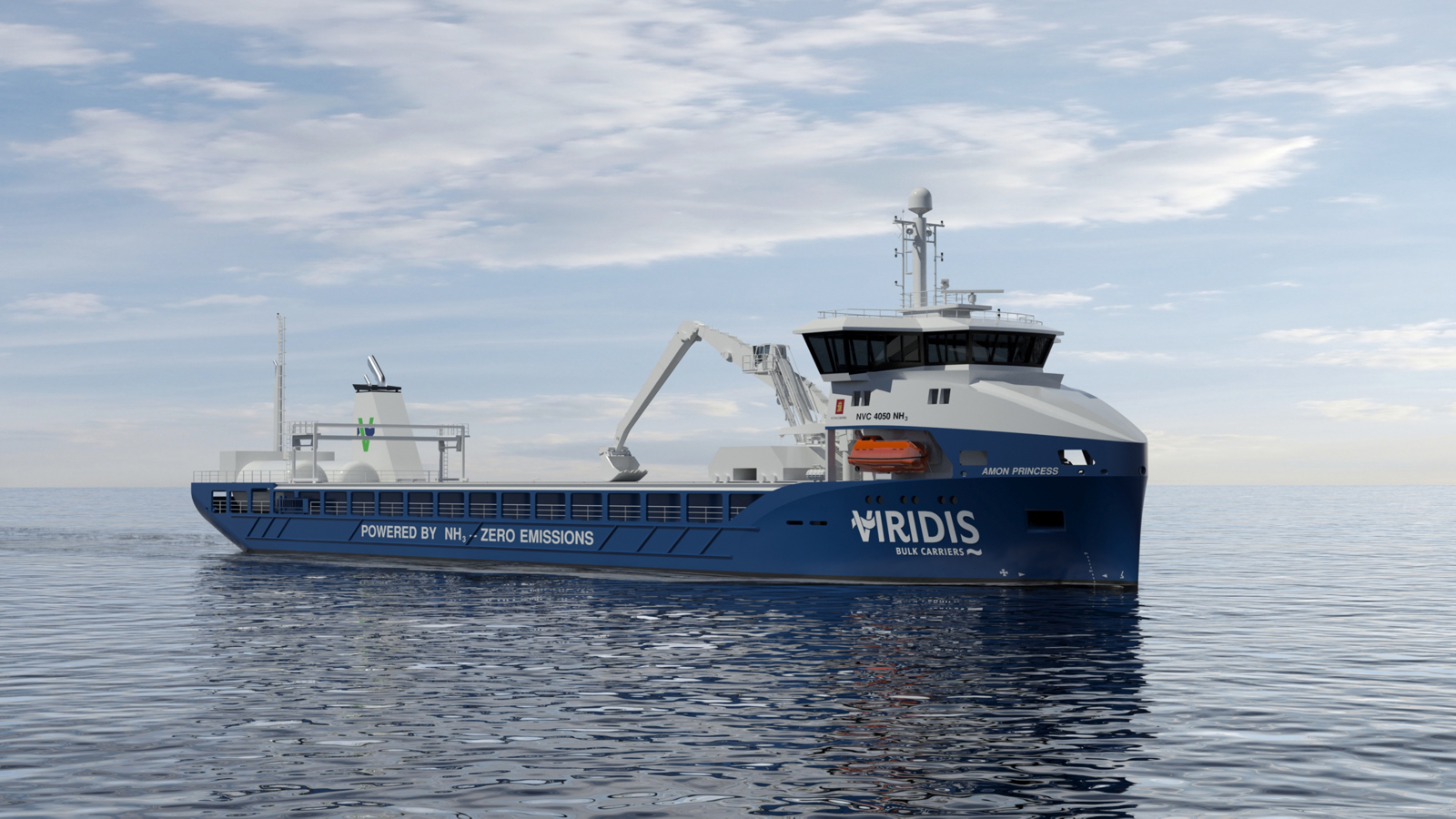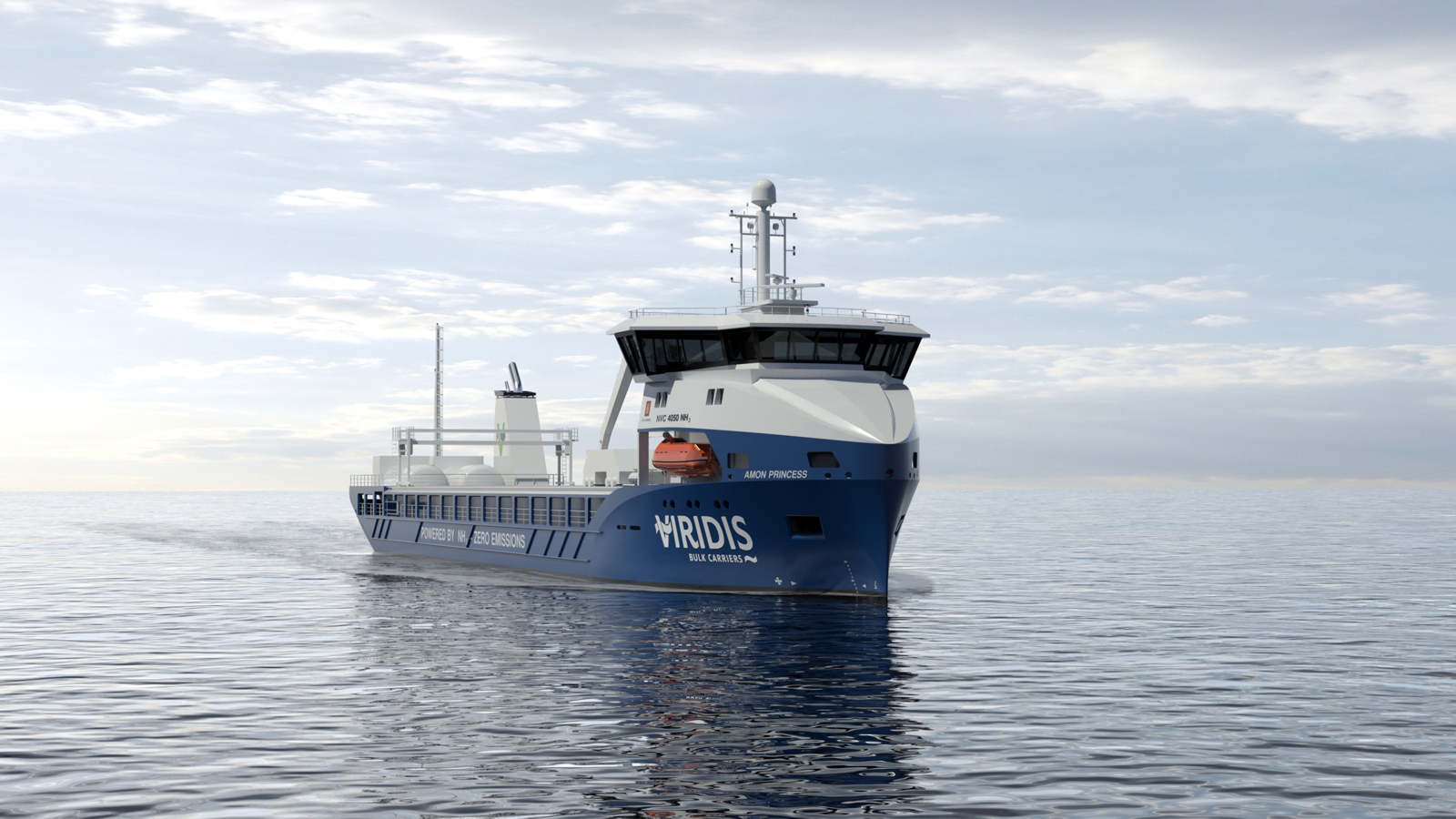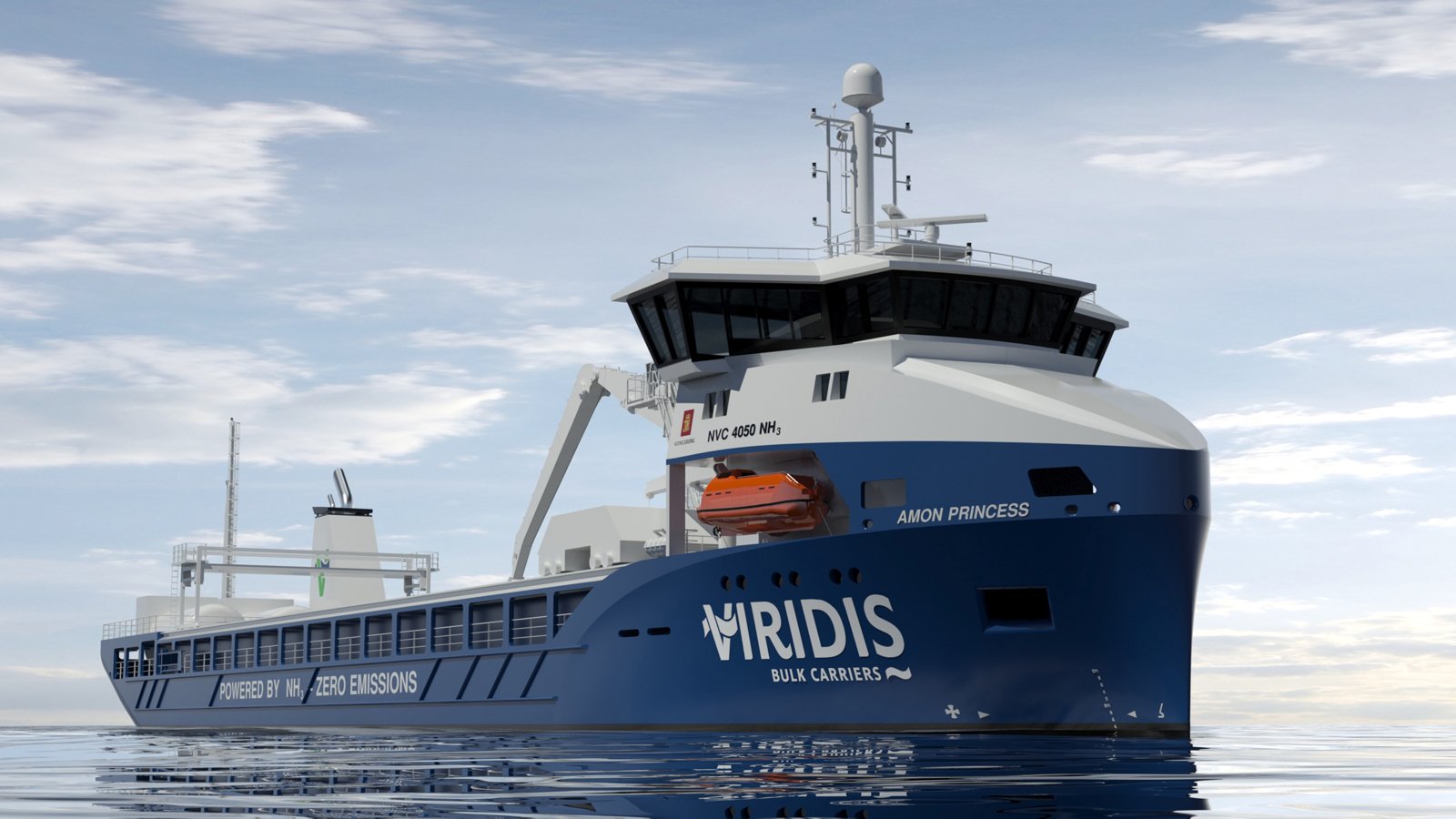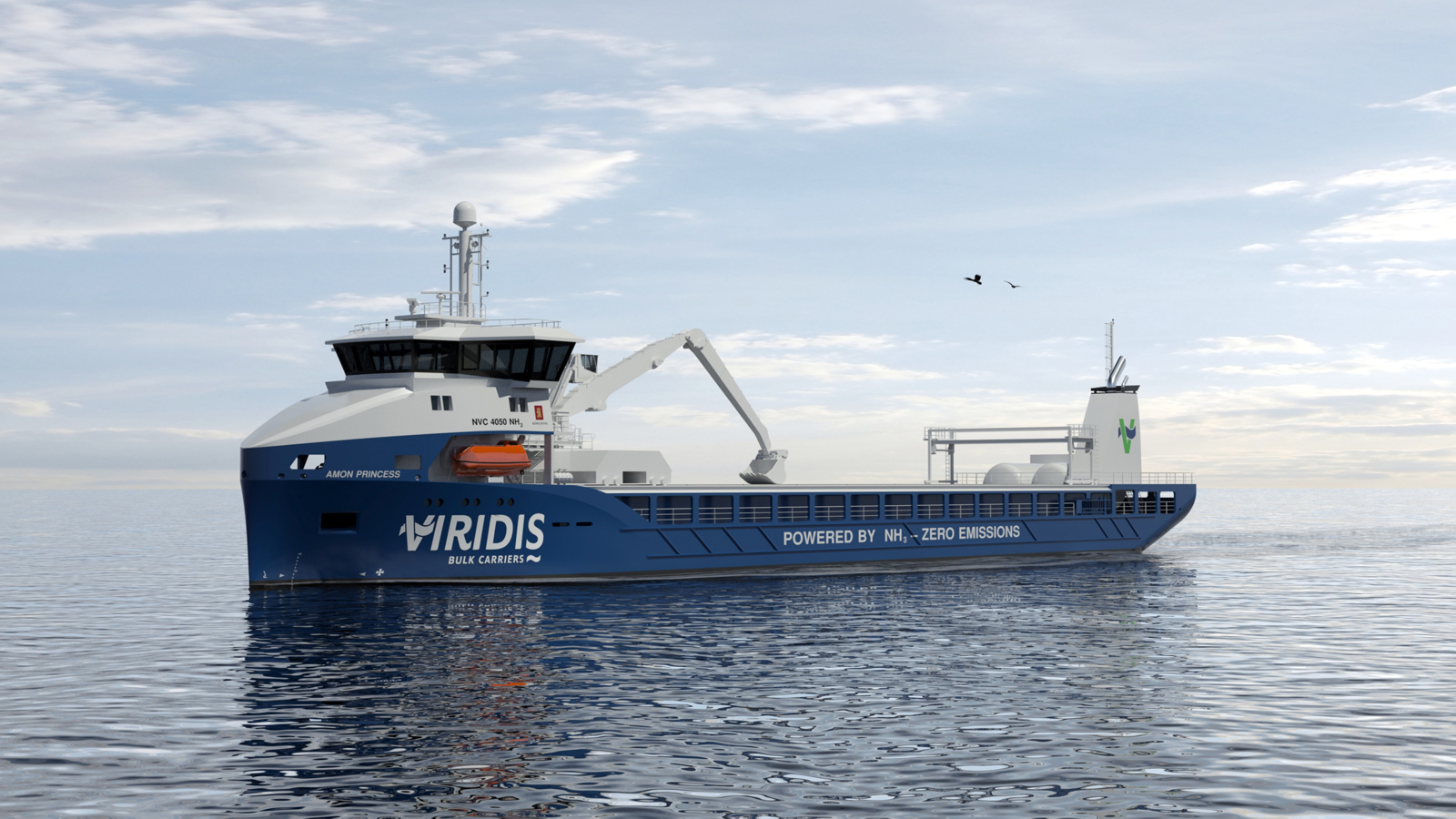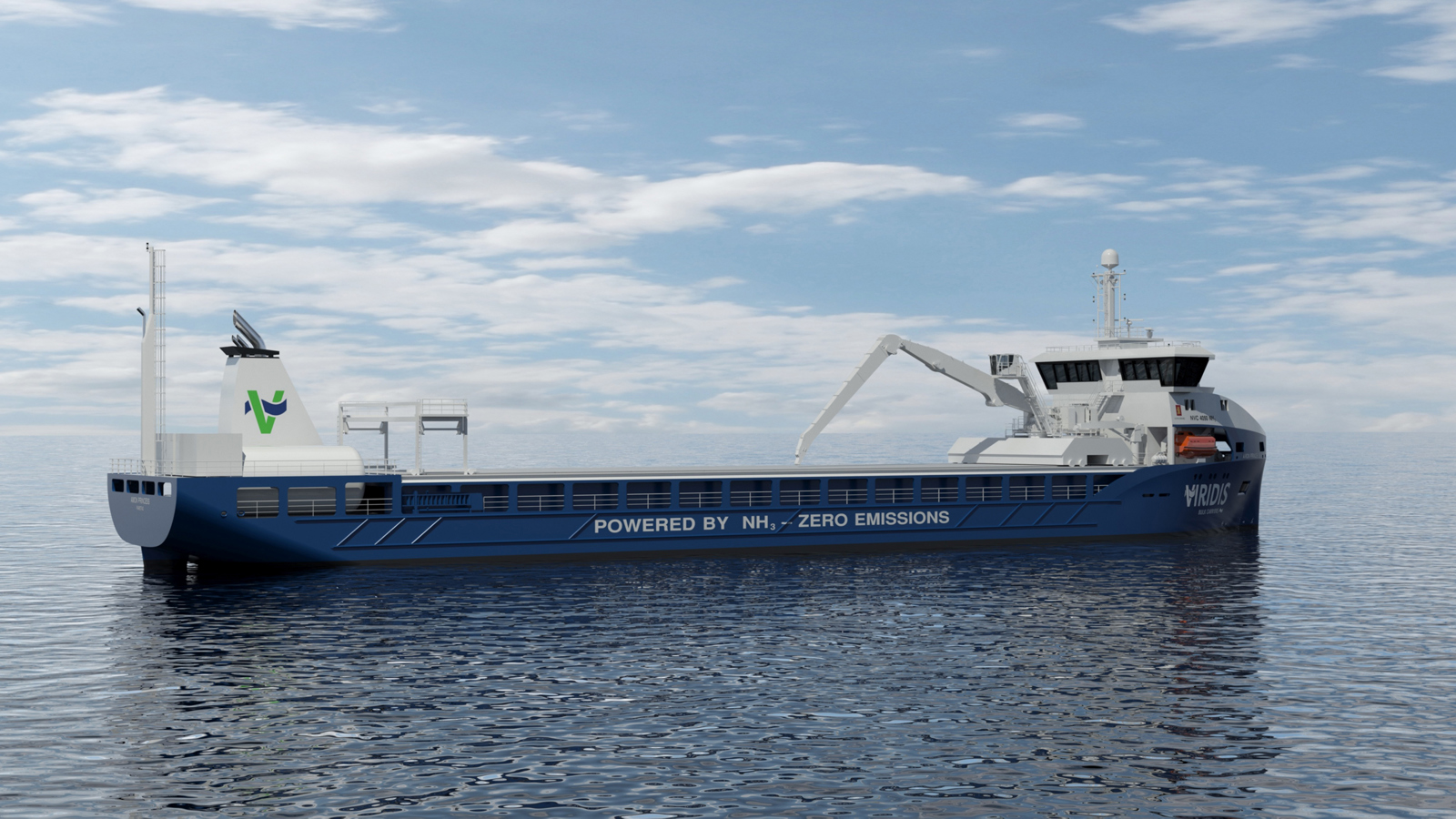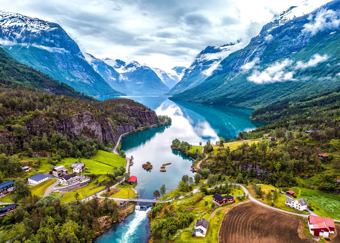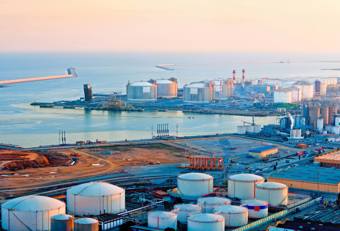“As a fuel, ammonia is less energy dense than diesel, so you need a higher volume of it to go the same distance. It's also highly toxic, so we have to make sure it is as safe as a ship using conventional fuels," says André Risholm, founder and CEO of Amon Maritime.
Risholm points out that ammonia is one of the very few liquid fuels that can be burned in an engine, yet does not contain carbon, unlike biofuels. He adds that it has the "best characteristics" for storage and there is already over 100 years of experience dealing with ammonia for industry. Over 130 ports globally have infrastructure to handle ammonia.
The European short sea bulk fleet is ageing and Viridis sees opportunities in the anticipated growing demand for new build vessels. It plans to meet this opportunity head on by avoiding the path of gradual emission reductions and instead moving straight to the long-term solution.
"The short sea bulk carrier market is also very large – in Europe alone, there are about 3,000 vessels – and the ships of tomorrow need to be as good as the ships of today. We don't want to sacrifice range to achieve carbon free or very low carbon operations," says Risholm.
There is the potential too, he adds, for ammonia to be used on longer shipping routes such as from the Far East to the United States or Europe. Ammonia takes up three times as much space as diesel, but Risholm reckons that diesel storage only takes up "a very small part of a large cargo ship".
"Ammonia is a great platform. The world is shifting not just to more autonomous solutions, but also to decarbonisation, so we really are building the future."

